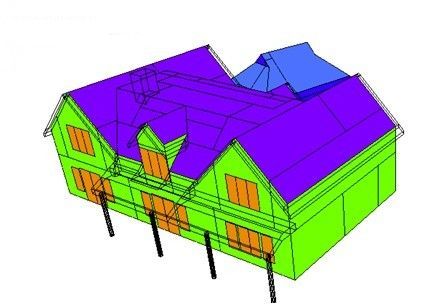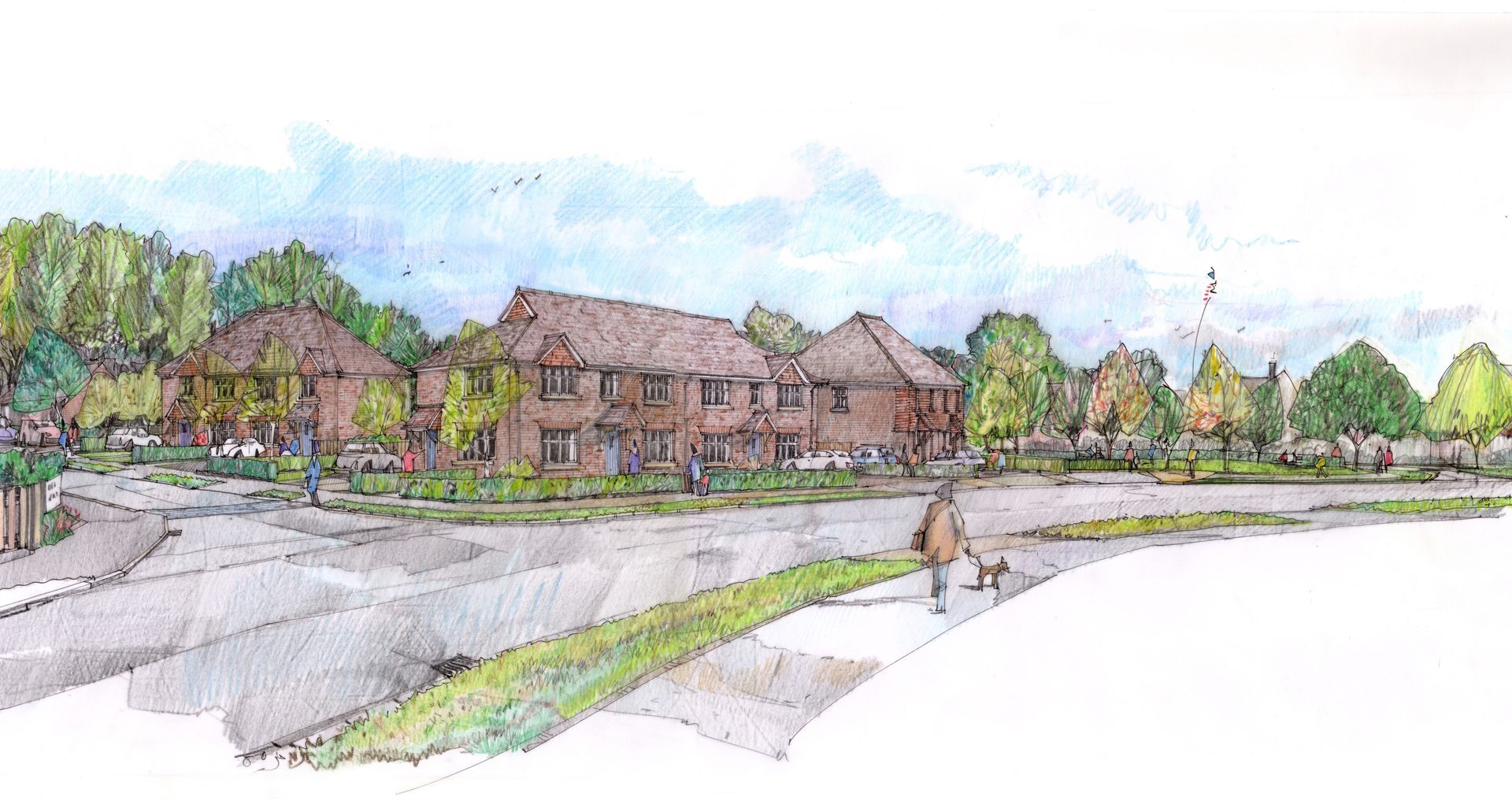Post Occupancy Evaluation
Ensure your building is performing as designed, confirm successful systems commissioning and get valuable energy usage feedback in real time.
Post-occupancy evaluation of buildings is now just as important as initial design. This process helps to ensure the building is performing as planned, commissioning has been successful, and lessons can be learnt from real-time usage.
Increasingly, post-occupancy evaluation is a pre-requisite for entering industry recognised awards and we can help you with this in a cost-effective manner.
Post-occupancy evaluations can be wide ranging, but in most cases a light touch is all that is needed, which involves looking at electricity consumption and energy bills for the first 12 months. However, whatever your individual requirement, we can help you select from a range of energy monitoring solutions and offer comprehensive analysis of the results.
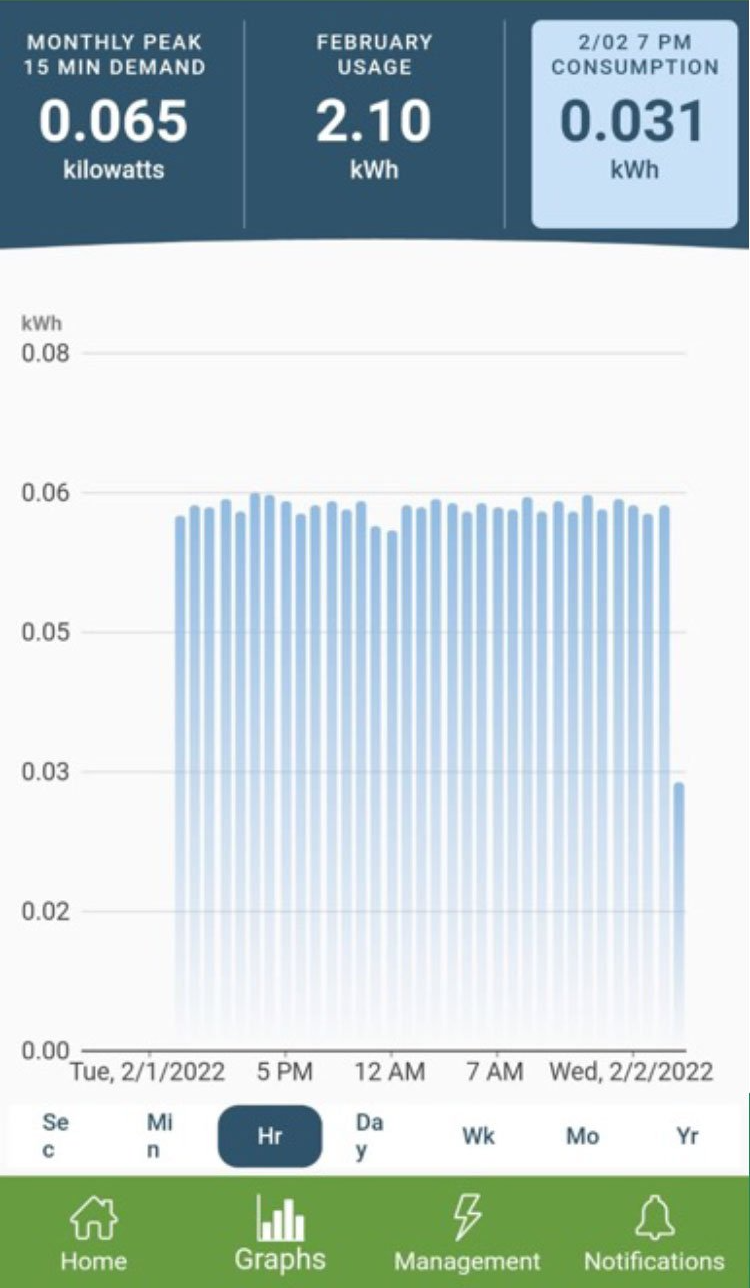
Electrical energy usage by hour
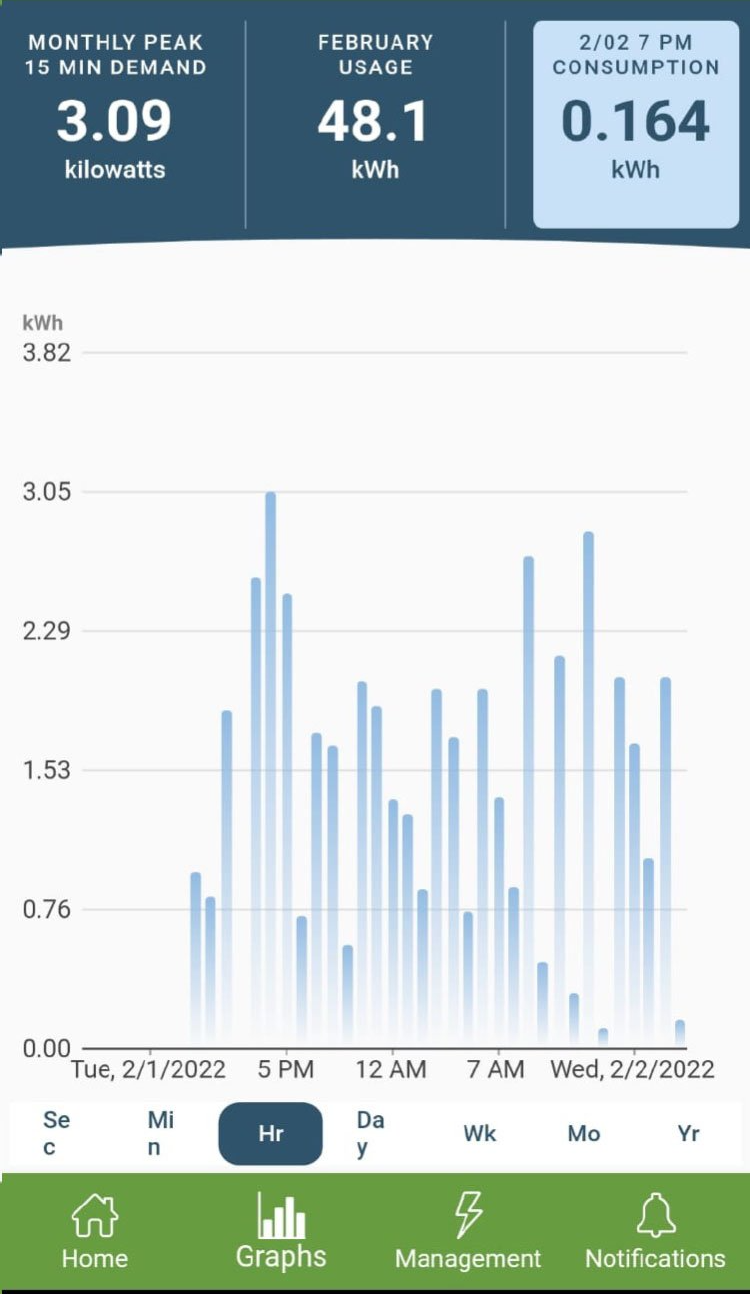
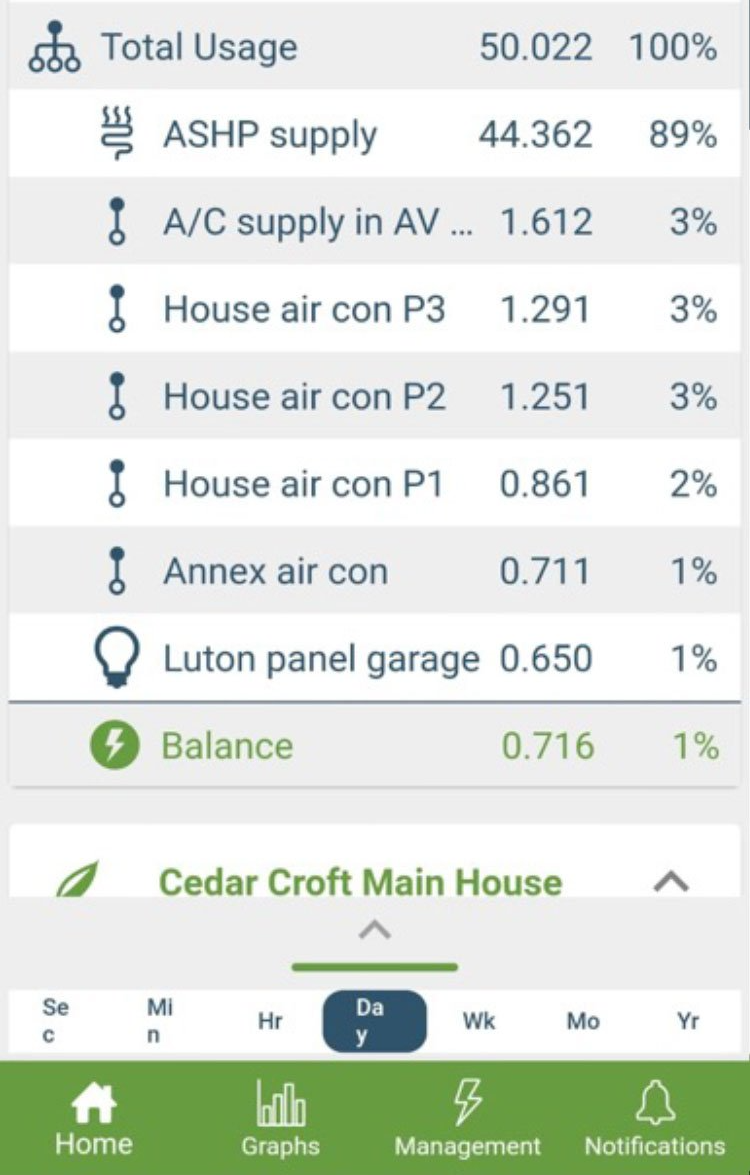
Proportion of the whole usage of the home
WATCH:
Dr Fionn Stevenson presents this insightful webinar and discusses all things post occupancy evaluation.
Professor Fionn Stevenson is an expert in this field having written a book Housing Fit For Purpose: Performance, Feedback and Learning.
Her book uses original research on housing performance evaluation and distils it for built environment professionals, arguing that learning from feedback should be taking place at every stage of the housing project lifecycle, improving outcomes for end users.


